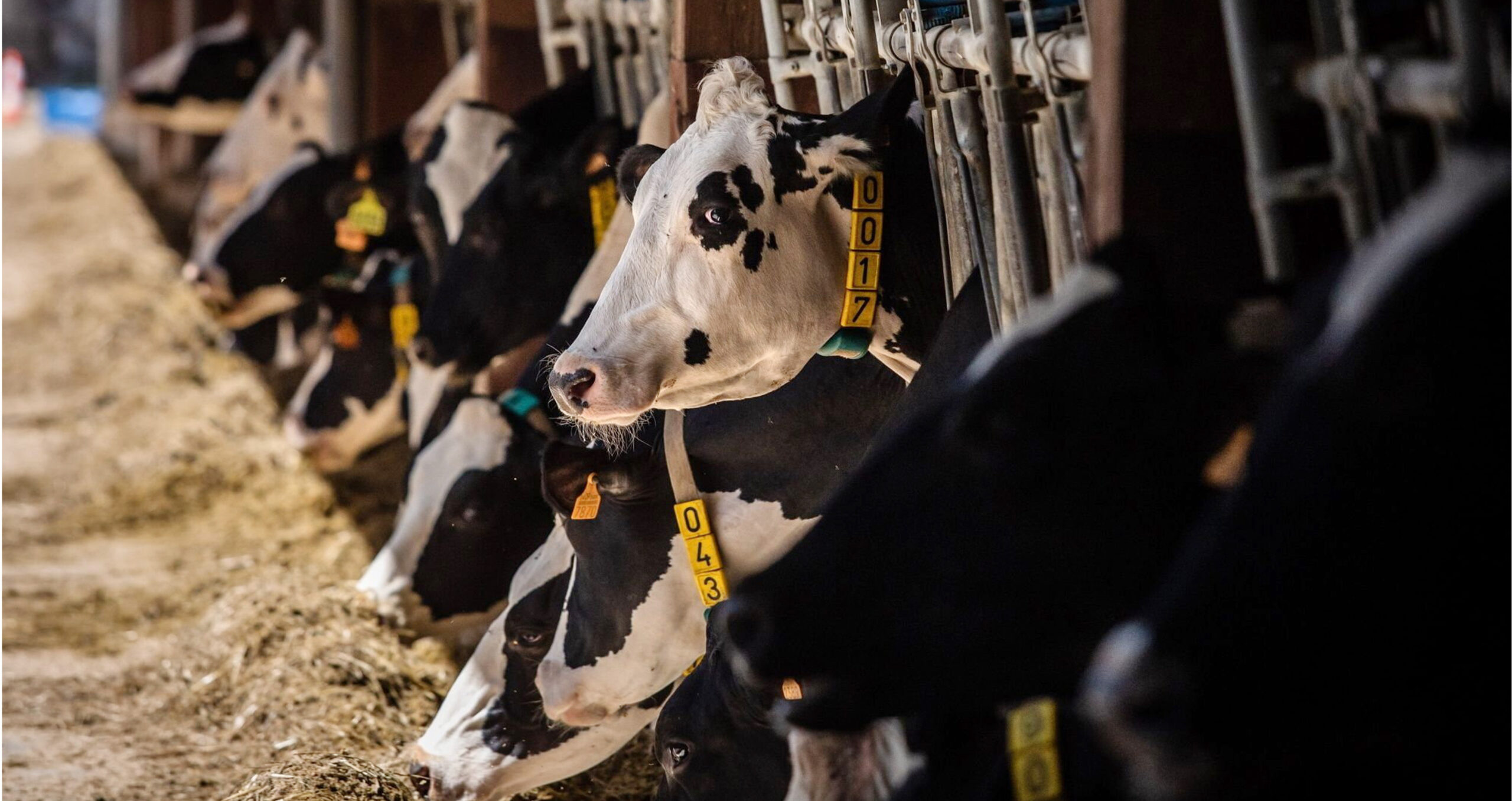
Editor’s note: COP28 on food – investment, policy and ‘cow credits’

The latest edition of our Sustainable Views newsletter
Dear reader,
Today, we bring you the first of a series of deep dives ahead of COP28.
We hope these special reports will give you new perspectives on what will be discussed at the UN conference, and on its outcome – whether you’ll be on the ground in Dubai, or watching from elsewhere in the world.
We start with food and agriculture. As Philippa writes, “COP28 president-designate Sultan al-Jaber has promised to make adapting and transforming food systems in response to climate change a priority at the international climate conference”.
Yet, she adds, “while there is general agreement globally about phasing out fossil fuels in favour of renewables, the concept of ‘transforming food systems’ and how to pay for an agricultural transition remains a work in progress”.
A possible breakdown of food systems because of climate change is an existential threat. And agriculture is also a large contributor to global warming. Transforming it means unpicking a web of intertwined and deep-rooted issues, characterised by conflicting interests, complex policies and large financing needs. Indeed, new investment commitments are expected at this year’s COP.
Philippa looks into the complex (and much-criticised) EU’s Common Agricultural Policy; she speaks to experts, farmers and agri-tech companies. She considers the role of large multinationals in the discussion, and the tension between natural solutions (which could be financed through “cow credits” – find out what this entails in her piece) and the risk of greenwashing.
“CAP funding is geared towards agriculture centred on Syngenta and John Deere, not on understanding ecosystems and food production,” says one farmer.
It’s a fascinating read, I thoroughly recommend it.
Continuing with the food theme, we also report on new research spelling out the climate and nature benefits of replacing meat with plant proteins.
A 30 per cent substitution could offset nearly all global aviation emissions, free up a carbon sink the size of India, and save 7.5mn swimming pools’ worth of water a year, according to consultancy Profundo and non-profit Madre Brava.
Lastly, from Singapore, Natasha takes us through south-east Asian countries’ response to the EU’s carbon border adjustment mechanism, as some are expected to push back on a future expansion of the scheme, while others see benefits in CBAM’s influence on local policy.
Until tomorrow,
Silvia
Silvia Pavoni is the editor of Sustainable Views
Similar Articles

Editor’s note: tariffs and trade policies

Editor’s note: biodiversity, breakdown and batteries


